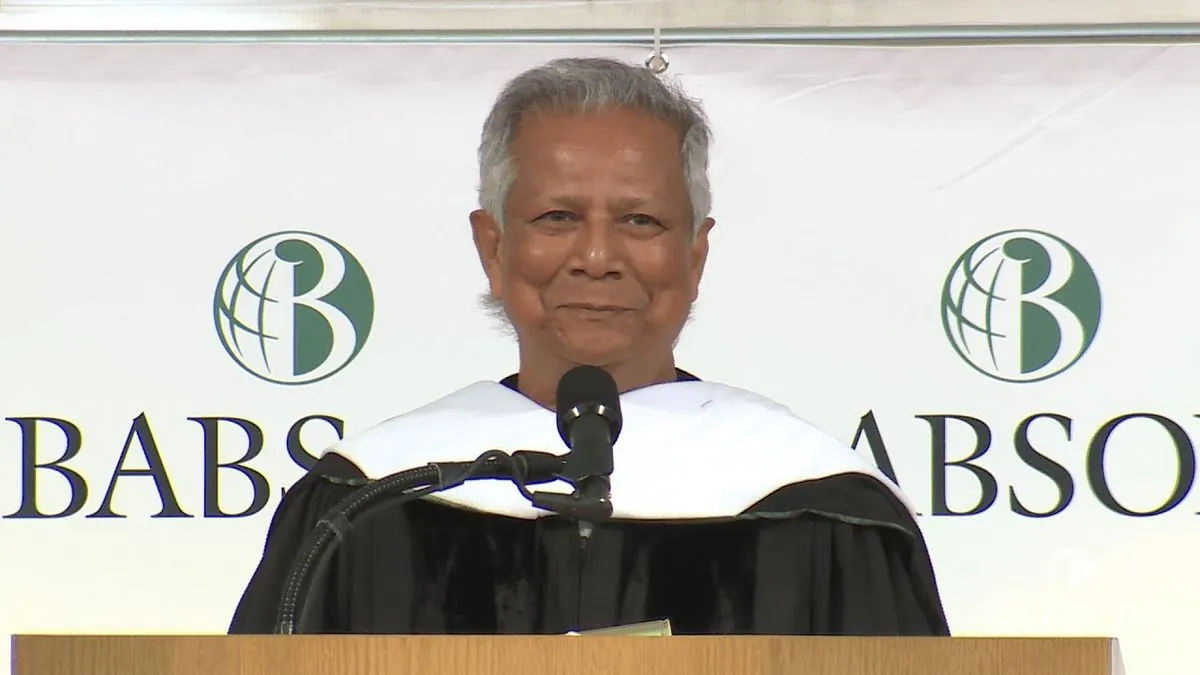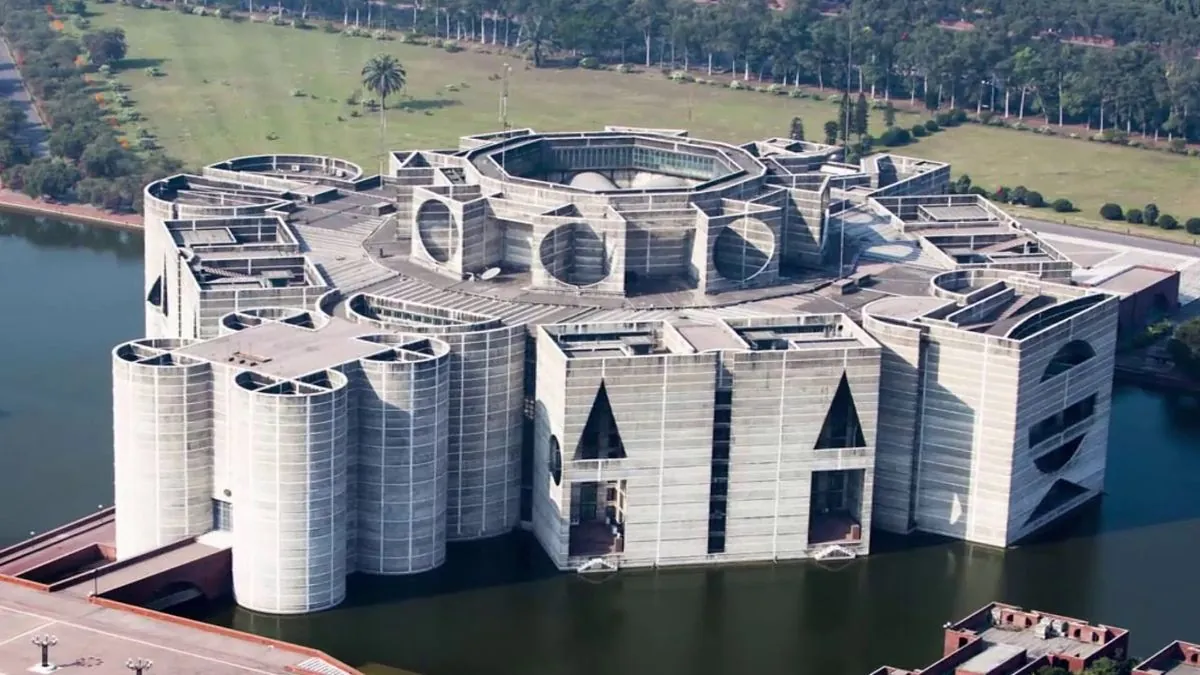Bangladesh's Political Upheaval: Interim Government Takes Shape
Bangladesh undergoes major political transition as Prime Minister resigns and Nobel laureate Muhammad Yunus is selected to lead interim government. U.S. and North Korea make significant moves.

In a significant political shift, Bangladesh is undergoing a major transition as President Mohammed Shahabuddin dissolved parliament and released opposition leader Begum Khaleda Zia from house arrest. This decision came after Prime Minister Sheikh Hasina resigned and fled to India amidst widespread protests over the country's job quota system.
The formation of an interim government is now underway, with Nobel laureate Muhammad Yunus reportedly selected to lead the transitional administration. Yunus, aged 84, is renowned for his pioneering work in microcredit through Grameen Bank, which has helped millions of Bangladeshis escape poverty.
"This is our second liberation day."
Yunus's appointment marks a significant change in Bangladesh's political landscape. The country, with a population exceeding 165 million, has seen rapid economic growth in recent years, maintaining an average GDP growth rate of 6-7% annually since 2010. However, it continues to face challenges, including the impacts of climate change and the ongoing Rohingya refugee crisis.

In other global developments, U.S. Vice President Kamala Harris has chosen Minnesota Governor Tim Walz as her running mate for the upcoming presidential election. Walz, with his background in the National Guard and experience in Congress, is seen as an appeal to Midwestern voters and union workers.
Meanwhile, tensions are escalating on the Korean Peninsula as North Korea moved 250 nuclear-capable missile launchers to its southern border. This action follows Kim Jong Un's recent speech calling for continued military expansion, citing U.S. military cooperation with South Korea and Japan as justification.
The Middle East remains volatile following recent events. A rocket attack on Iraq's Ain al-Asad Airbase injured U.S. personnel, while Hezbollah leader Hassan Nasrallah threatened retaliation for alleged Israeli assassinations. Additionally, Hamas announced Yahya Sinwar as its new political leader, replacing the recently assassinated Ismail Haniyeh.
As these global events unfold, Bangladesh's transition to an interim government under Yunus's leadership will be closely watched. The country, which has made significant strides in reducing poverty and achieving gender parity in education, now faces the challenge of maintaining stability and progress during this period of political change.


































